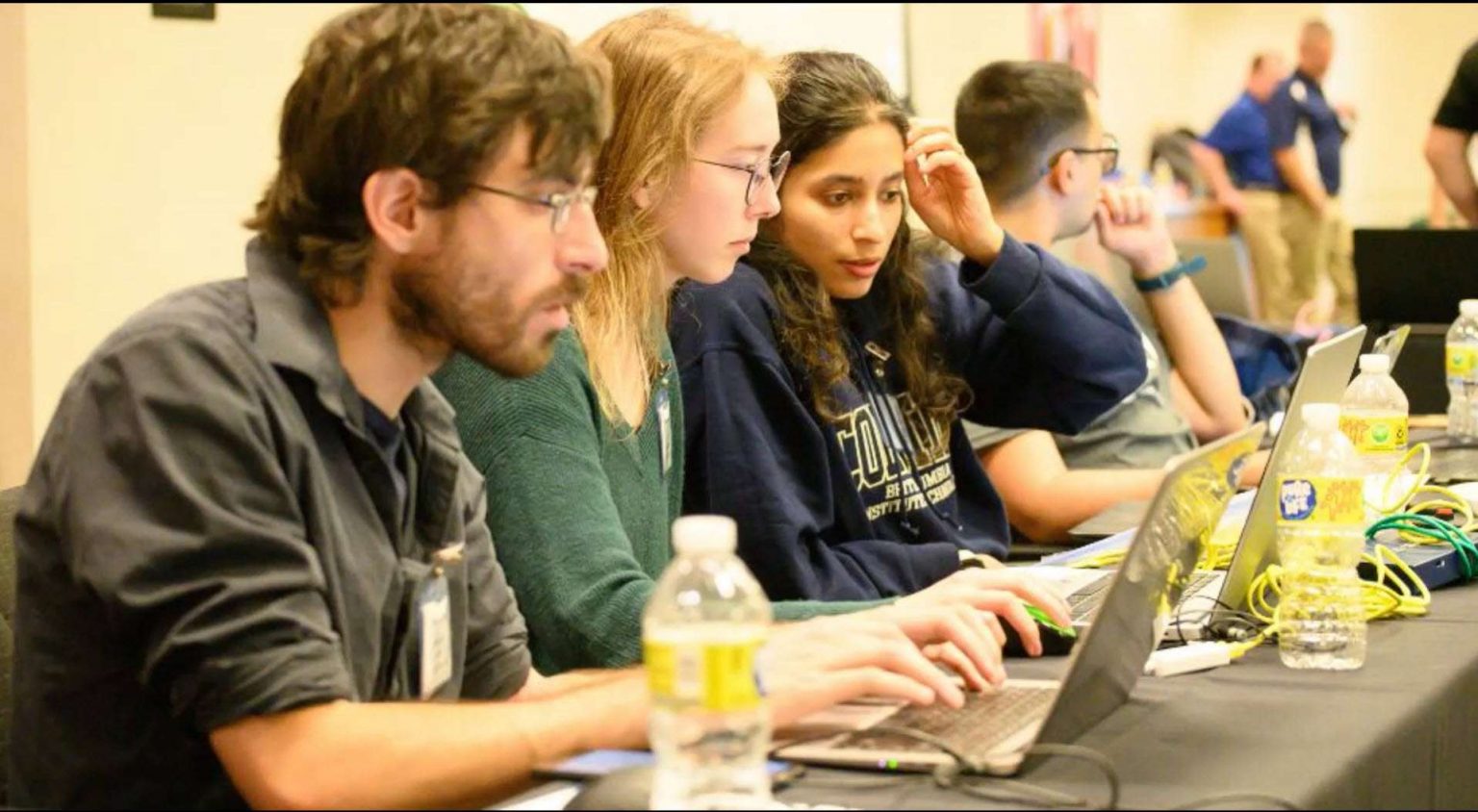We love catching up with our alumni, to talk about life after BCIT, their careers, and what tips they have for prospective and current students. In this Q&A, meet grad Ashvan Wal, who graduated from BCIT with two credentials: a Diploma in Computer Information Technology (CIT) in 2020 and a Bachelor of Technology in Digital Forensics and Cybersecurity (DFCS) in 2022.
“I was able to transition smoothly into the industry, allowing me to hit the ground running from day one.”
What led you to BCIT, and CIT specifically?
What drew me to BCIT was the opportunity to engage in an intensive program alongside a cohort—a close-knit group of 20 to 25 individuals who journeyed through the entire program with me. The collaborative environment made a huge difference, and the fact that the courses were pre-selected allowed me to focus solely on learning without the added stress of registration decisions.
During my first two years in the CIT program, I participated in the co-op program, landing a placement with a credit union’s information security team. I was instantly captivated by how dynamic the role was—no two days were the same. Cybersecurity allowed me to explore all aspects of computing, from networking and programming to ethical hacking and DevOps practices.
My co-op experience was so rewarding that I was invited back for a second term. In total, I spent 16 months with the company, gaining invaluable hands-on experience. That journey solidified my passion for digital forensics and cybersecurity, and I knew that this was the path I wanted to pursue further.
How have you benefited from the programs?
BCIT is well-known in the industry for producing graduates with strong technical skills and extensive hands-on project experience. This reputation, along with the practical team-based projects I completed during the program, truly mirrored real-world work environments. As a result, I was able to transition smoothly into the industry, allowing me to hit the ground running from day one.
Many assignments at BCIT were team-focused and typically conducted in groups of 3 to 4. This experience has been invaluable in teaching me how to collaborate effectively with diverse personalities. I learned to adapt my planning and working style to accommodate others, ensuring we could work together efficiently to achieve our goals.
BCIT truly instilled in me the importance of teamwork and collaboration, which are now fundamental values in my professional approach.
What was a highlight during your time at BCIT?
One of the major highlights was getting hands-on experience with advanced tools from leading digital forensics vendors, for which our instructors secured licenses. These are the same tools used by professionals in the field, and access to them is usually quite costly. Being able to work with them at BCIT gave me invaluable, real-world experience that I took with me after graduation.

Was there something that you had to adapt to?
The workload in some semesters was more intense than I had anticipated, especially while juggling extracurricular activities outside of school. It was definitely challenging at times.
However, being part of a cohort made a huge difference. If I missed something in class or needed extra help, I could always count on my classmates—we were just a message away, which made adapting much easier.
What kind of work are you doing now at PwC, and what makes it exciting?
I am currently a cybersecurity consultant at PricewaterhouseCoopers (PwC), and I find consulting to be an incredibly exciting role. I get the opportunity to work on various projects for different clients, with most projects lasting around 3 to 4 months. This structure allows me to gain exposure to a wide range of cybersecurity scenarios and technologies within a single year.
Over the past year, I’ve focused on developing cyber metrics and creating dashboards that facilitate easy reporting of security metrics. Additionally, I’ve engaged in security operations work, where I analyze security alerts for clients and determine appropriate resolutions.
One of the most rewarding aspects of my job is meeting with diverse clients, which provides insight into industry trends, emerging technologies, and common pain points that organizations face in the cybersecurity landscape.
Career plans for the future? Where do you see yourself in 5 years?
As I’m still early in my career, my primary focus right now is to absorb as much knowledge as possible. I believe consulting is an excellent environment for that, as it exposes me to a variety of experiences and challenges.
In the future, I aim to continue my learning journey and obtain relevant certifications. Given the rapid pace of technological change, I recognize the importance of upskilling, which is why I plan to take a couple of part-time courses at BCIT this winter to further enhance my knowledge.
What kind of advice would you give (prospective) students?
1) Enjoy your journey at BCIT. These years are truly some of the most rewarding of your life. Try not to stress too much about exams and grades—what truly matters is the knowledge and skills you gain along the way.
2) Approach the program with a collaborative mindset rather than a competitive one. Helping your classmates, asking for help, and learning from each other are key to successfully graduating.
3) Build connections. On average, you’ll take around six courses per semester, and not every subject will play to your strengths. That’s why building strong connections with your cohort is essential—working together makes the workload more manageable. Your classmates will be some of your best allies at BCIT, and investing in those relationships not only helps during the program but also gives you a valuable professional network when you start working in the industry.
4) Start your job preparations well in advance. This doesn’t necessarily mean applying for jobs right away; rather, focus on reaching out to professionals in the field to gain insights into the roles you’re interested in. Be genuinely interested when connecting with people on LinkedIn or in person, not simply using them as a means to an end. By the time you graduate, you’ll have built a solid network to tap into for job opportunities and recommendations for companies they work at.
